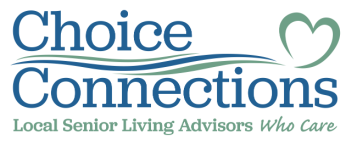Misconceptions about Aging – Part one
Ageism – seldom talked about but often practiced. It can be a subtle comment like “you look good for your age”. Or it takes a more harmful form such as job loss or patronizing health care providers, which can lead to over or under treating conditions.
Without realizing it, many older adults are also guilty of ageism. It happens by thinking “at their age” there are many things they cannot or should not engage in. The following misconceptions may help put the process of aging in a more realistic, and positive light.
1: Genetic makeup means you will enjoy good health.
While certainly significant, lifestyle choices, environmental factors such as cleanliness of water, food, air, social interactions, to name a few, also play a vital role in healthy aging.
2: Absence of disease is the only indication of good health.
Older adults may experience more than one health condition at the same time but are still able to enjoy things that are important to them. A person’s physical and mental capacities are also an indicator of good health in addition to the absence or presence of disease.
3: Depression is common among older adults.
Depression is not a normal part of aging, however, there is an increased risk since approximately 80% of older adults have at least one chronic health condition. Depression is more common in people who also have illnesses like cancer or heart disease. (www.cdc.gov/aging/depression).
4: Chronological age is the best indicator in determining when someone is “old”.
This is a poor indicator. Chronological age is used to determine eligibility for certain milestones and rights, such as voting, driving, drinking, and retirement. Functional age takes into consideration factors such as how an individual looks and their capabilities both physically and cognitively. Subjective age is another measurement –you’re as young as you feel!
Visit WWW.CSA.US for information on Misconceptions of AgingSet featured image

